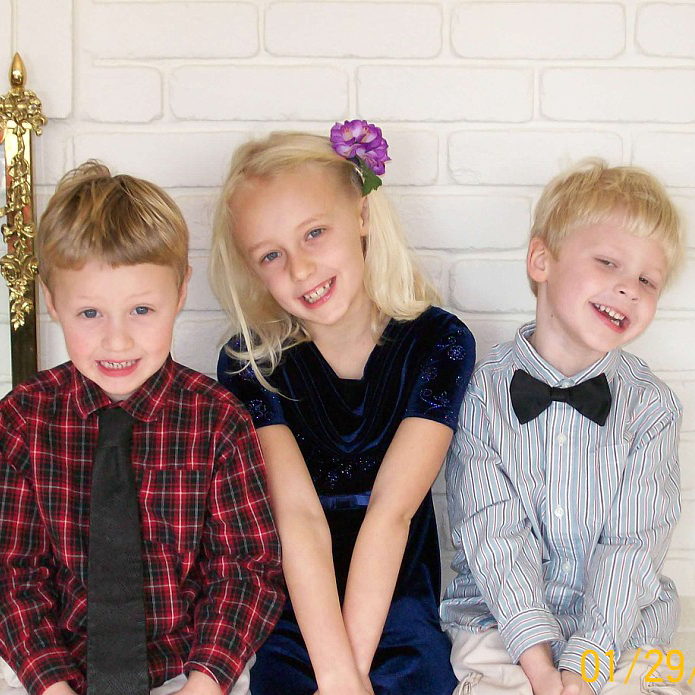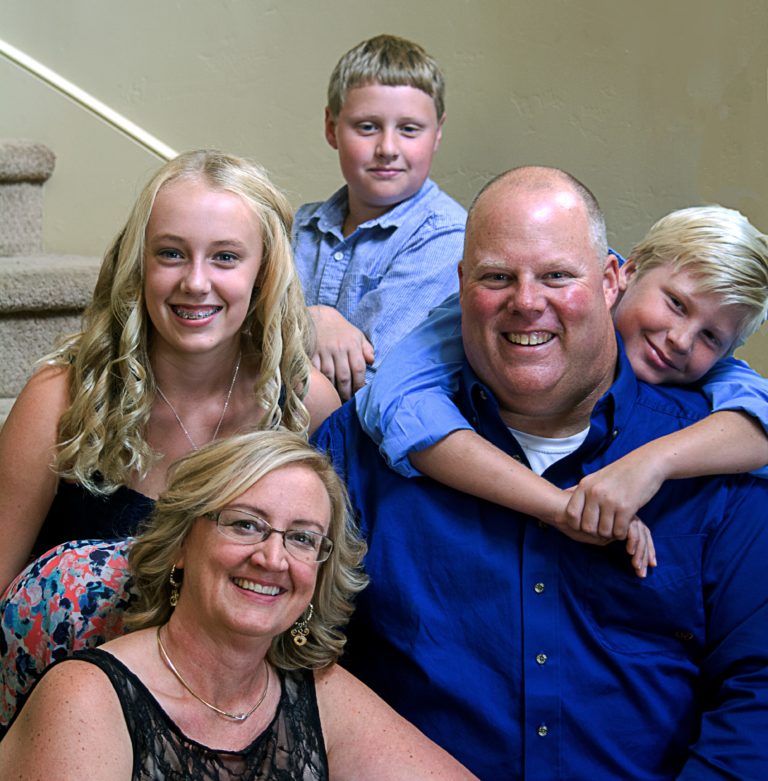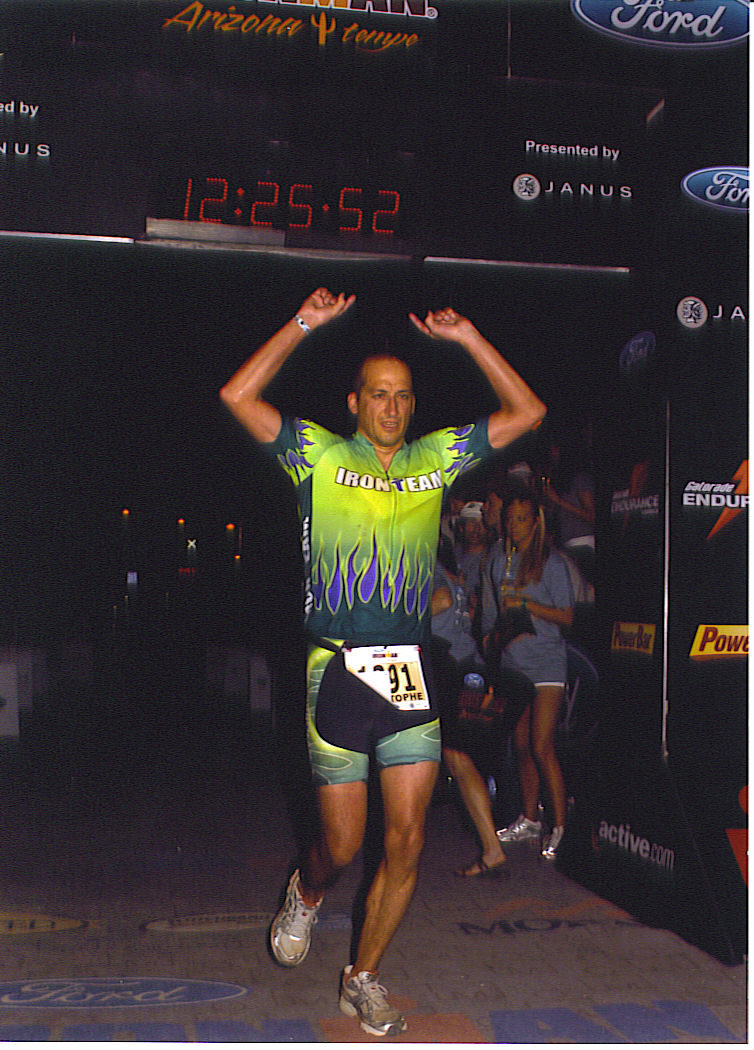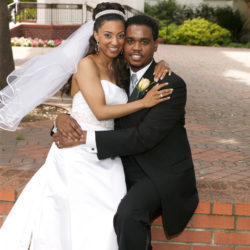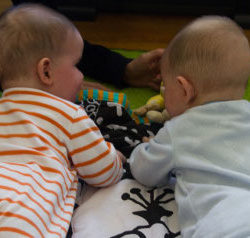Party of Five – Success with IVF After Failed Artificial Insemination
When intrauterine insemination at their local fertility clinic proved ineffective, Alicia and David’s research led them to RSC.
Alicia and David celebrated 26 years of marriage last October. They stay very busy these days managing a full house as they keep up with their teenage daughter and twin boys. But when they first started trying to have children over a decade ago, they were doubtful that their family would ever grow beyond the two of them.
“I had three miscarriages over the course of six years,” Alicia explains. Residents of Sonoma County, David and Alicia soon met some friends at a wine tasting who were facing similar issues. That conversation ultimately led Alicia to schedule an appointment with a fertility clinic nearby.
“I visited a fertility doctor in Sonoma County who diagnosed me with endometriosis,” Alicia recalls. “I had a surgery to remove endometrial cysts, and then he suggested that I undergo IUI treatment.”
IUI, short for intrauterine insemination, is a type of artificial insemination procedure in which sperm are placed directly into the uterus to bypass potential obstacles to sperm reaching the egg. Fertility doctors commonly recommended this type of artificial insemination for more mild cases of endometriosis. Unfortunately, after two IUI rounds, Alicia failed to get pregnant.
“We were running out of money and patience,” Alicia recalls.
After failed artificial insemination, a visit to RSC changed everything
The failed IUI attempt at artificial insemination performed at their local fertility clinic prompted Alicia and David to expand their research to surrounding cities. Specifically, they focused on published success rates. Their search quickly led them to RSC.
“RSC’s success rates with endometriosis patients were really high,” Alicia explains. “We went out and visited Dr. Weckstein and we loved him. Right away, he explained that the IUIs weren’t working because my endometriosis was a serious case, and he recommended that I get my tubes tied. Then, we began in vitro fertilization (IVF).”
Dr. Weckstein recommended that Alicia get her fallopian tubes tied because abnormal fluid was accumulating in them and backing up into the uterus. This fluid accumulation was reducing Alicia’s chance for a successful pregnancy.
Alicia vividly recalls the day in 2001 when she found out that she was pregnant.
“After we did the transfer, Dr. Weckstein said he was going to be off work the day that the test results came in to determine if the embryo transfer was successful. He ended up calling me on his day off to deliver the good news. I remember he said ‘I just couldn’t stand it – I had to come in and see your results.’ That meant a lot that he came in on his day off and called me.”
A few years later, David and Alicia would go on to transfer frozen embryos preserved from their original IVF cycle. This transfer led to the birth of their twin boys in 2005. Alicia describes her experience with IVF as “an extreme success story,” and has since focused on encouraging other couples and individuals who are just beginning their fertility journey.
Wisdom and advice for new fertility patients
It’s clear that Alicia gleaned some valuable wisdom during the course of treatments, both the failed artificial insemination and the successful IVF.
When asked what advice she’d give to couples and individuals who are just beginning their fertility treatment journey, Alicia offers some surprising insights.
“There are going to be many people in your life that will judge you and openly express their opinions,” she says. “No matter what, be confident in your decision to go down this road and stick together as a couple. We talked regularly about what our lives would look like with and without children.”
“We had people criticize us because we chose to pursue IVF, saying ‘If God meant for you to have children, he would have let it happen naturally.’ Our friends who chose to stand by us had the best of intentions and we welcomed any and all good thoughts and wishes for our success as a family,” Alicia recalls.
“We look at our fertility journey like this: If we can help one other person, then it was all worth it. Stay the course, and embrace the outcome together, whatever it is.”
